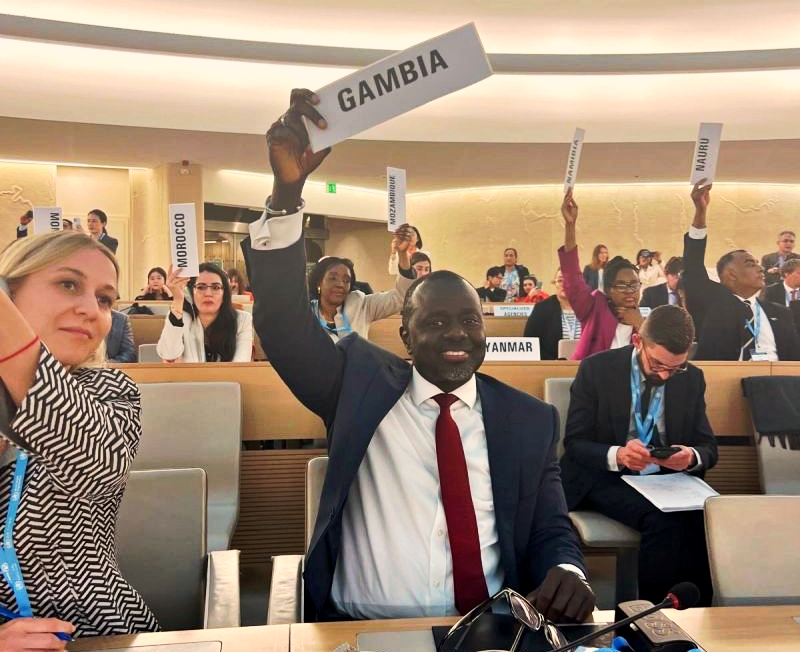Gambiaj.com – (Geneva, Switzerland) – The World Health Organization (WHO) member states have adopted the WHO Pandemic Agreement, a historic global compact aimed at bolstering the world’s defenses against future pandemics. The agreement, approved on Tuesday after three years of negotiations, seeks to address the shortcomings exposed by the COVID-19 pandemic and ensure a more equitable and effective global response to future health crises.
The adoption of the treaty occurred at the 78th World Health Assembly in Geneva, where 124 countries voted in favor of the resolution. The agreement aims to improve pandemic prevention, preparedness, and response, with a particular focus on addressing inequities in access to lifesaving medical interventions.
Helen Clark, former prime minister of New Zealand and co-chair of the Independent Panel for Pandemic Preparedness and Response, hailed the agreement as “a foundation from which to build,” urging member states to address remaining gaps in finance, equitable access, and risk understanding.
While the agreement marks a significant step forward, some disagreements persist. Issues surrounding technology transfer, funding, and equitable access to medical products remain, and some countries have expressed concerns about potential infringements on national sovereignty.
The next critical step involves negotiating the details of the Pathogen Access and Benefit Sharing system (PABS), which links the sharing of pathogen data to benefits such as access to vaccines and treatments.
Several countries view this as crucial for the agreement’s overall effectiveness. Negotiations on the PABS annex are expected to conclude within a year, paving the way for the agreement to come into full effect.










